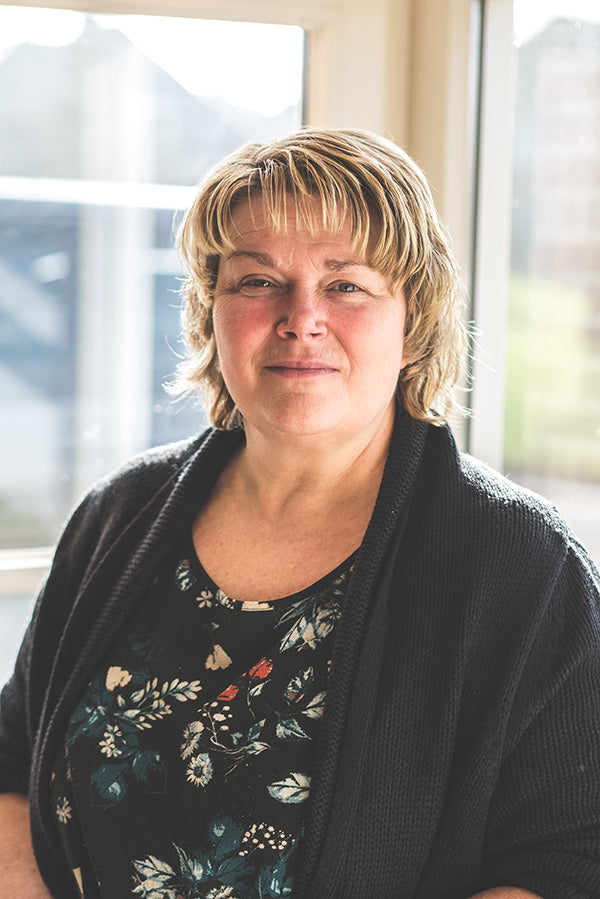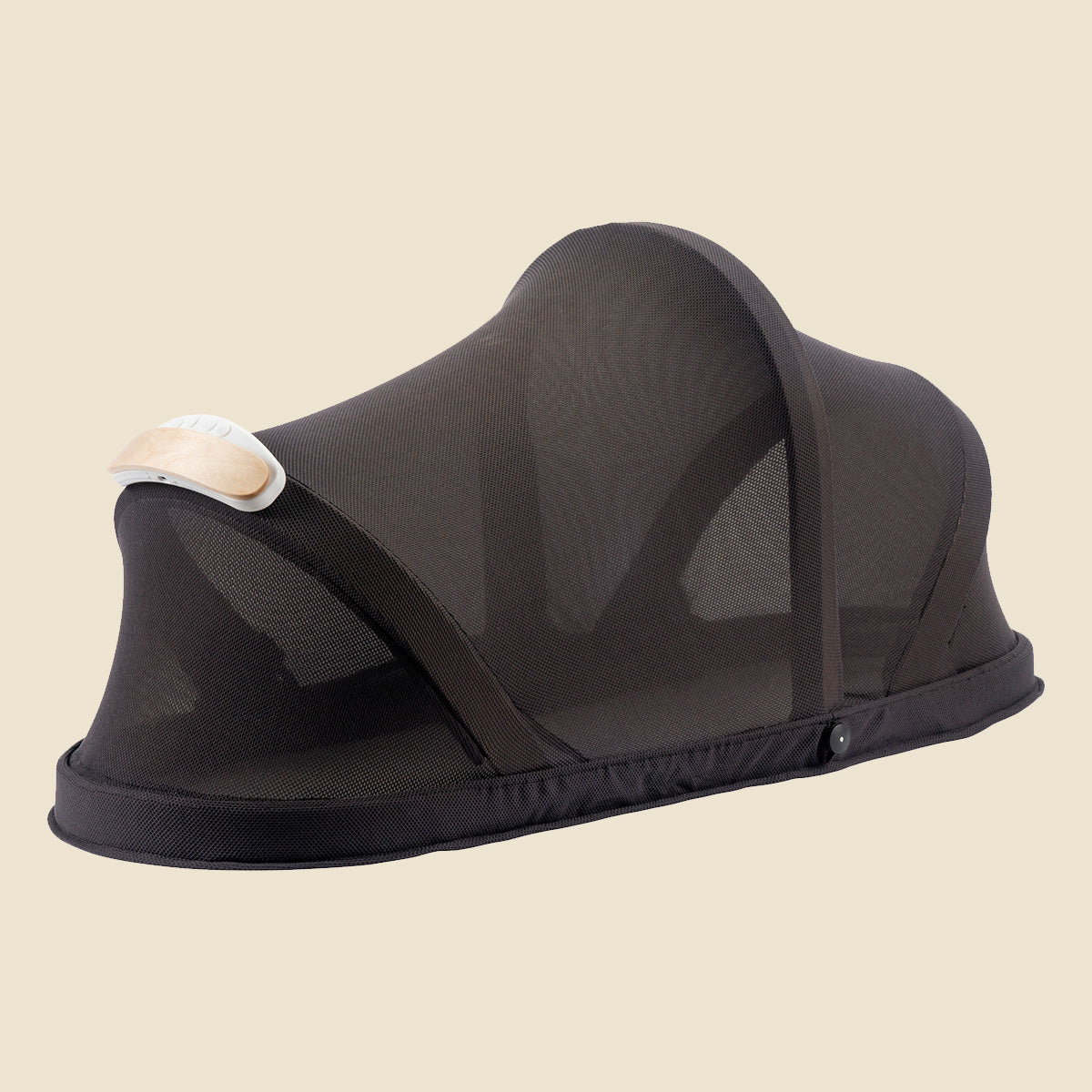“Rust en regelmaat helpen. Dat klinkt misschien ouderwets, maar het is echt heel erg belangrijk voor een baby.”
begint Ingrid Schipperheijn - al meer dan 30 jaar kraamverzorgster. “Een kindje heeft negen maanden lang in de buik gezeten, waar hij min of meer afgesloten was van de buitenwereld. Na de geboorte is ineens alles anders: harde geluiden, feller licht, vreemde geuren. Het is goed om het dan even rustig aan te doen.” zegt Ingrid. “Neem dus echt de tijd om je kindje te leren kennen. Kijk naar hoe hij zich beweegt, wat voor gezichtjes hij trekt en hoe hij huilt. Dan zul je hem steeds beter leren kennen en begrijpen wat hij nodig heeft.” Ook regelmaat is volgens Ingrid belangrijk.
“Een slaapritueeltje helpt om je baby tot rust te brengen – en de slaapplaats is hier een onderdeel van. Het is dus goed om zoveel mogelijk het eigen bedje te gebruiken.”
Rust en regelmaat helpen ook als er onrust is. “Sommige mensen zeggen dat een baby maar moet wennen aan alle prikkels, maar dan zie ik dat er toch vaak onrust ontstaat. Ouders denken dan al snel aan darmkrampjes of reflux. En dat kan misschien spelen, maar met rust en regelmaat kun je hier echt al een heleboel verhelpen. Probeer dus eerst eens echt rust te creëren – voor jezelf en voor je baby - en kijk wat dat doet. Vaak wordt de onrust dan al heel veel minder.”
Uitdaging
Het klinkt eenvoudig: rust en regelmaat. Maar Ingrid ziet in de praktijk dat het toch een hele uitdaging kan zijn. “We leven in een maatschappij waarin we continue berichten binnenkrijgen op onze mobiel en waarin onze agenda’s overvol zijn. En daar moet dan ook nog even een baby in passen. Dat werkt dus niet.” Haar advies is om echt de tijd te nemen en te kijken wat een baby nodig heeft. Daar moet je als ouder je agenda op aanpassen, niet andersom. “Als je baby op een gegeven moment vaste slaapjes heeft, plan activiteiten daar dan omheen en laat hem lekker in zijn eigen bedje slapen.” Het zou volgens Ingrid goed zijn om tijdens de zwangerschap voorlichtingsavonden te hebben over wat de impact is van een kindje krijgen. “Er verandert dan echt heel veel in je leven. Het is goed om te een beetje voorbereid te zijn op wat je te wachten staat. Baby’s hebben ’s-nachts bijvoorbeeld voeding nodig – en in het begin zelfs een paar keer per nacht. Dat is vermoeiend, maar hoort er wel bij. Hoe pak je dit aan?”
Hoe de PIKO kan helpen
“De PIKO is een mooi product dat echt past bij deze tijd.” meent Ingrid. “Met de PIKO sluit je de buitenwereld gedeeltelijk uit en dat geeft meteen al rust.” Toch moeten ouders het niet gaan zien als een quick-fix. “De PIKO gaat zeker helpen om een ritme te vinden dat bij je kindje past. En het uitgebreide advies in de App helpt je daarbij. Maar je moet het wel even de tijd geven en niet denken dat alle problemen morgen opgelost zijn.” Het dagboekoverzicht van de App vindt Ingrid daarom een mooie toevoeging. “De App geeft een mooi overzicht wanneer je kindje huilt en slaapt. Het huilen van je kindje kan soms door merg en been gaan en heel lang lijken te duren. Maar in de App zie je wat er echt gebeurt. Zo kun je zien als de slaapjes bijvoorbeeld toch wat langer worden. Dit geeft bevestiging dat je aan de goede dingen werkt en zorgt ervoor dat je vertrouwen houdt.” Om zo je eigen ritme te vinden met de PIKO.
Wil jij ook een fijn ritme voor jou en je baby?
Gebruik dan de PIKO.




